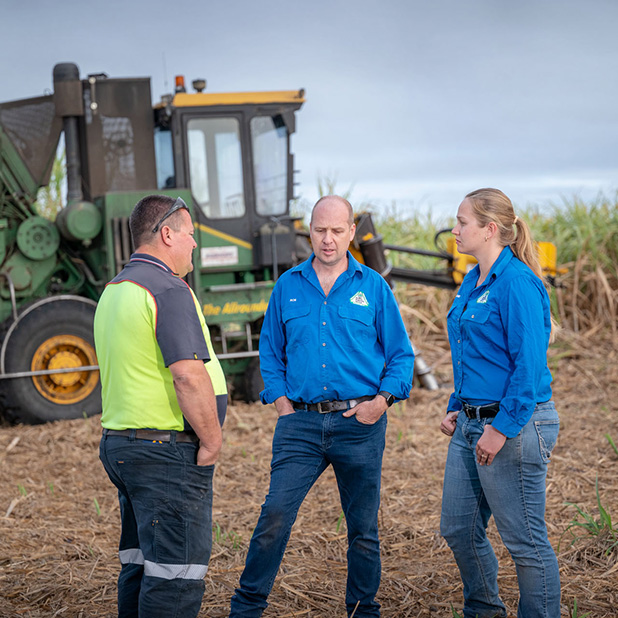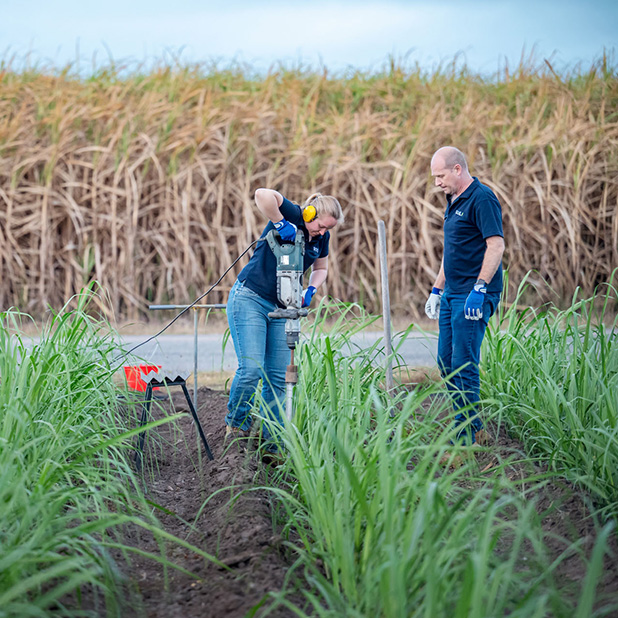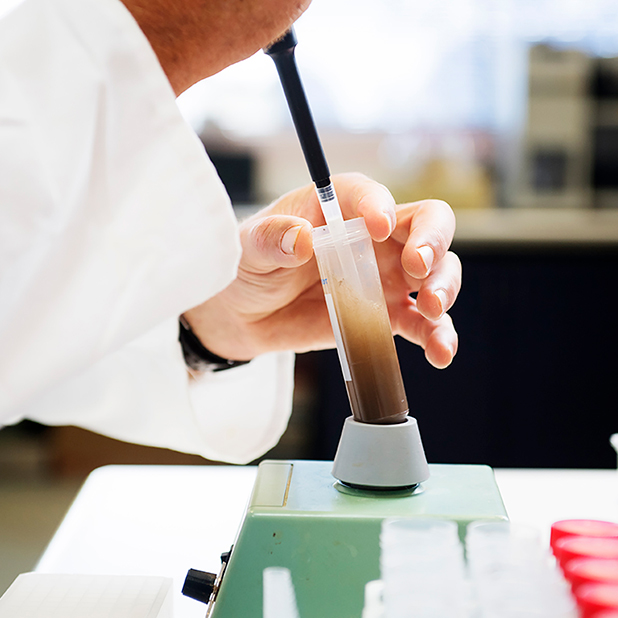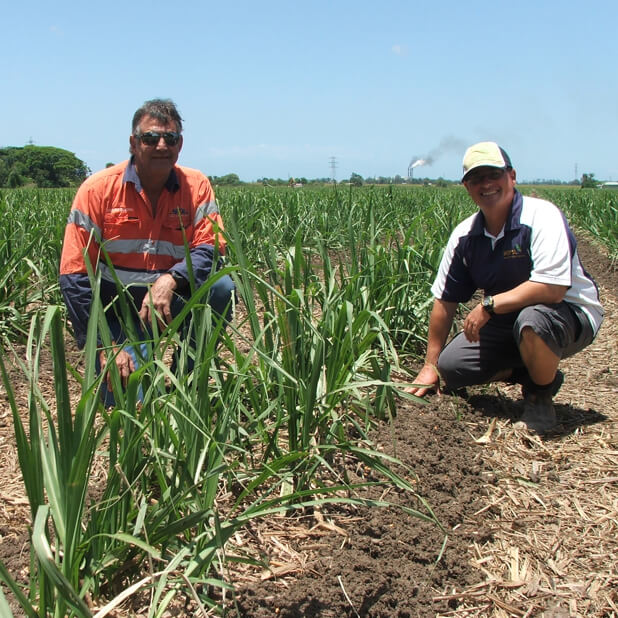Professor Catherine Allan – Charles Sturt University
Four programs deliver the outcomes of the Soil CRC
Program 1 – Investing in high performance soils
Program 2 – Soil performance metrics
Associate Professor Richard Doyle – University of Tasmania
Program 3 – New products for soil fertility and function
Professor Megh Mallavarapu – The University of Newcastle
Program 4 – Integrated soil management solutions
Dr Lukas Van Zwieten – Department of Primary Industries, NSW
Underpinning each Soil CRC program is our education and training program.
PROGRAM 1
Investing in high performance soils
Supporting farmers to maintain the long-term integrity and fertility of soils for future generations.
Farmers need a new way to get higher returns from their investment. So far, the returns from good long-term soil stewardship have been marginal at best.
Farmers need premium prices for their produce, and there may be opportunities to be paid for providing ecological services such as carbon sequestration.
To reward sustainable soil management, the market needs a supportive policy framework and sustained innovation of new more cost-effective technologies.
Program One – Investing in high performance soils will use participatory research methods, decision modelling, surveys, case studies and bio-economic modelling. The Soil CRC deliver tools and resource to support policy-makers, financiers, suppliers, and farmers to adopt and make use of these incentives.

RELATED PROJECTS
PROGRAM 2
Soil performance metrics
Developing tools linked to soil management products that allow farmers to monitor and assess the performance of their soils, and take corrective action where needed.
Farmers need to measure soil performance accurately and quickly in order to properly manage their soils. Without this, the costs are prohibitive, and the results are varied.
Program 2 – Soil performance metrics will define the metrics of a high performing soil and create the instruments for farmers to measure their soils on the farm. The Soil CRC will use advanced instrumentation, optimisation, sensor/data fusion and big data analytics methodologies to deliver practical tools ready for farmers to use.

RELATED PROJECTS
PROGRAM 3
New products for soil fertility and function
Developing a range of new products to better address challenges in soil management.
A limited range of products is currently available for farmers to manage complex soil constraints.
Program 3 – New products to increase fertility and function will use soil science, nanotechnology, environmental and analytical chemistry, to develop new fertilisers, soil amendments and delivery mechanisms for farmers to enhance the performance of their soils.
These products will introduce emerging technologies – such as polymers, nanotechnology and biotechnology – and use innovative ways to mine nutrients from waste streams.

RELATED PROJECTS
PROGRAM 4
Integrated soil management solutions
Synthesising our current understanding of soil science and how it should be applied to the key soil types across Australia under irrigation and dryland agriculture.
Farmers and industry already know they need integrated and intelligent on-farm solutions for managing their soils.
Despite the complex and multiple constraints that most farmers face, much of the research over the last two decades was directed at only addressing single problems.
Program 4: Integrated and precision soil management solutions will produce a range of tools that bring together our current understanding of land management, artificial intelligence, soil science, optimisation and big data analytics, and apply it to the key soil types across Australia.
